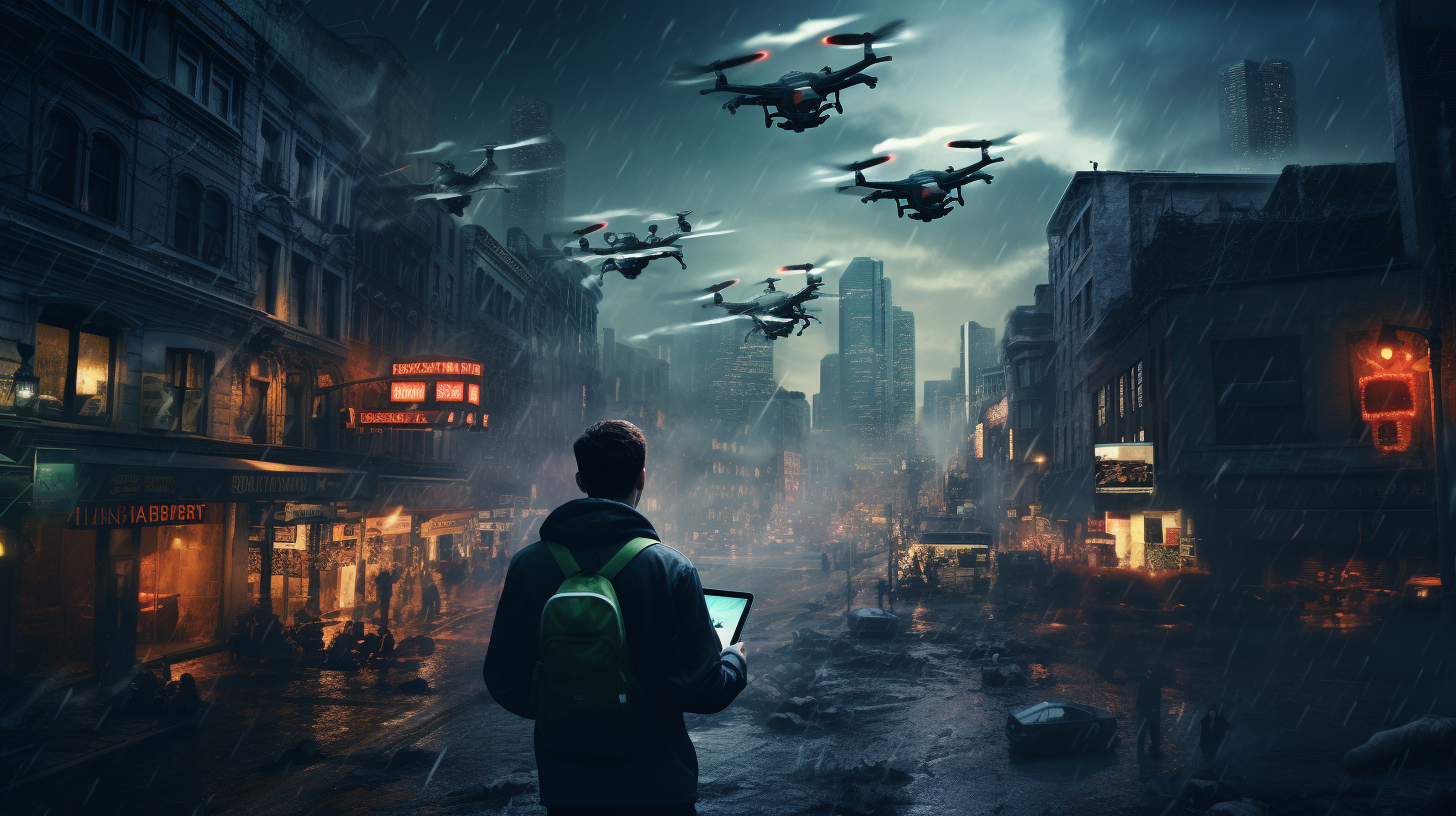
The Role Of AI In Military And Defense: Autonomous Weapons, Intelligence Analysis
You live in a rapidly evolving world where AI impacts every sector, including military and defense. You've likely heard about autonomous weapons and intelligence analysis, but do you understand their implications? Don't worry. We've got you covered.
In this article, you'll explore these tech-driven warfare tools' emergence, application, ethics, and challenges. Let's explore this fascinating yet complex intersection of technology and warfare.
Emergence of Self-Governing Weaponry in Warfare
You've likely heard about the emergence of self-governing weaponry in warfare. It's something that's drastically changing the landscape of military strategy. Think about drones that can autonomously locate and eliminate targets or AI-powered tanks that can move and strategize without a human controller. These aren't figments of a science fiction writer's imagination; they're becoming a reality in today's militaries worldwide.
But it's not just about firepower. AI is also used for intelligence gathering and analysis, providing insights that human operators might miss. So, while you might be a bit uneasy about this shift towards autonomy, there's no denying its potential to revolutionize the face of warfare and defense.
Utilizing Machine Learning for National Security
When bolstering national security, you're looking at machine learning as a crucial tool for detecting threats and making strategic decisions. Its ability to sift through enormous amounts of data in real-time means you're always one step ahead of potential threats.
This isn't just about identifying enemy movements; it's about predicting them. You're using complex algorithms to analyze patterns, learn from them, and forecast future scenarios. This isn't some sci-fi movie; it's happening right now.
You're seeing machine learning used in everything from cyber defense to analyzing satellite imagery. So, next time you think about national security, remember that it isn't just about boots on the ground. It's about bytes in the cloud, making machine learning an indispensable part of your defense strategy.
Ethical Implications of Advanced Technology in Combat
As you delve into the realm of advanced technology in combat, it's critical to consider the ethical implications that come with it.
You're dealing with autonomous weapons and intelligence analysis powered by AI. These tools can make decisions on life and death matters without human intervention. While it's beneficial in reducing casualty rates among soldiers, it also raises questions about accountability and trust.
Who's to blame when a machine makes a fatal error? Furthermore, can you trust an AI with such significant decisions?
It's also vital to consider how these technologies could potentially be misused. As you navigate this frontier, always bear in mind these ethical considerations. They're just as important as the technological advancements themselves.
Potential Risks and Challenges of Tech-Driven Warfare
Tech-driven warfare isn't all advantages; it's fraught with risks and challenges that must be carefully considered. You must know the grave consequences of a system malfunction or a cyber-attack. An enemy could hack into your autonomous weapon systems, turning your tech against you.
You can't forget the ethical implications, either. Who's to be held accountable if an AI makes a fatal mistake? It won't be the machine. It'll be on your shoulders.
Also, there's the risk of an arms race. The world could become more dangerous as countries scramble to outdo each other in AI technology.
Investing in tech-driven warfare is a double-edged sword, and you must handle it carefully.
Future Perspectives on Technology and Warfare
Looking ahead, it's clear that technology will continue to reshape how warfare is conducted, with profound implications for global security and geopolitics. You'll see autonomous weapons making split-second decisions that humans can't. They'll be more accurate, reducing collateral damage and keeping soldiers out of harm's way.
You'll witness AI analyzing intelligence data faster than ever, identifying threats before they strike. But you must also be ready for challenges. Governance, ethics, and control of these technologies will become major global issues. You can't ignore the risks of AI falling into the wrong hands or being misused.
You'll need to carefully navigate this rapidly changing landscape because technology-driven warfare is not just the future. It's already here.
Conclusion
You've seen how AI is reshaping military and defense. From autonomous weapons to intelligence analysis, the impact is undeniable.
But remember, it's not without ethical concerns and potential risks. As we move forward, navigating these tech-driven changes is crucial.
The future of warfare is here, and it's heavily tech-infused.